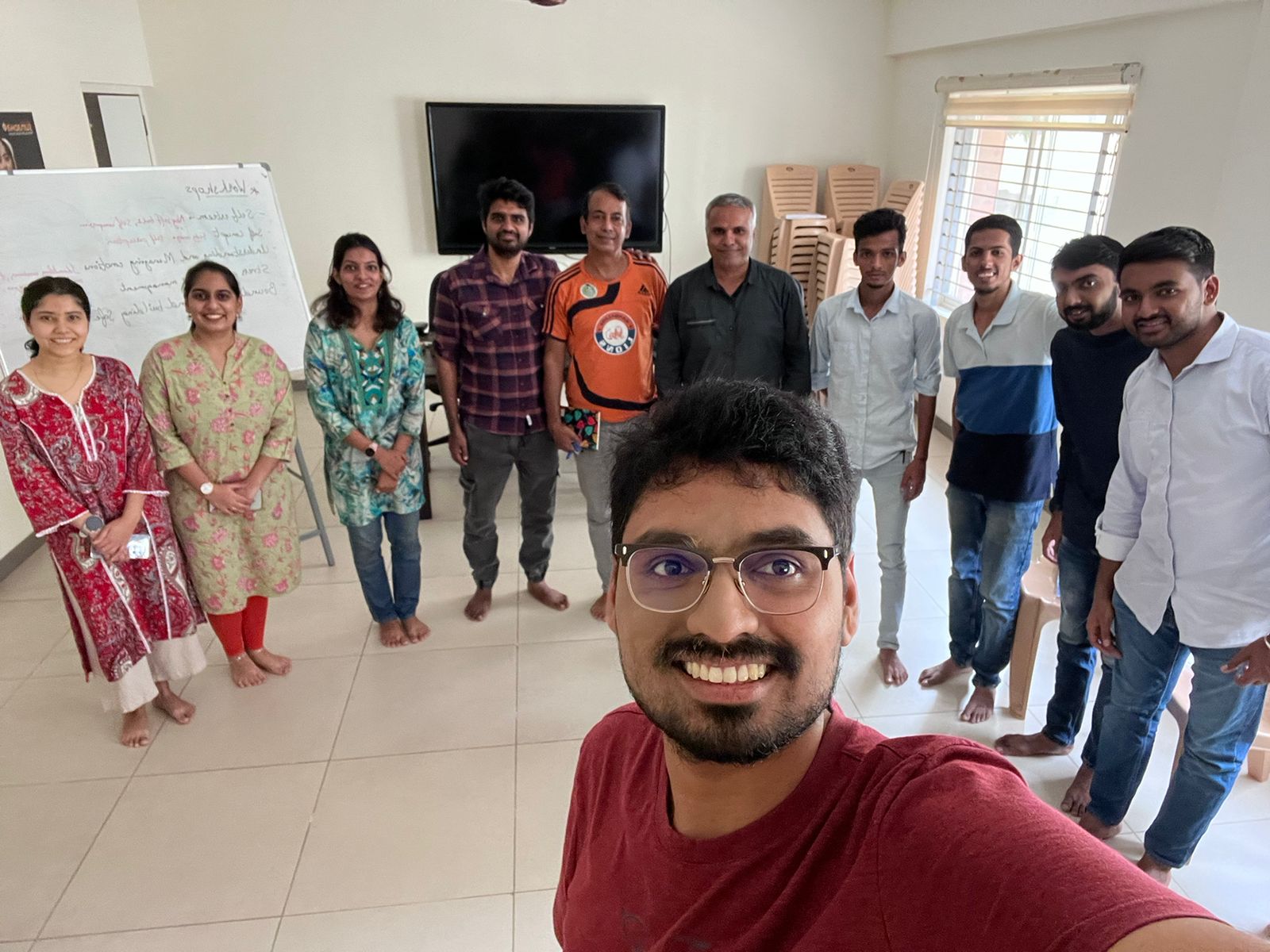
There is a general saying in the public that no one is perfect. Therefore, each and every one of us carries our own barriers and hardships throughout our life time. These difficulties can be exhibited in speaking, writing, thinking critically, body appearance or dealing with people.
Since from an early age, I had difficulties to speak fluently like the other people in the public, most of the time, I felt disappointed and vexed with my life. However, with the continuous support from my loving father, I managed my difficulty in speaking named “STAMMERING”. At first, I did not feel comfortable to express my thoughts and ideas as I always stuck with words and some certain letters. Further, during my school time, because of the misbehavior of some of my friends, I thought that I will not be able to become a high profile person.
However, my negative feeling on stammering totally changed during the time when I was in the communication workshop in India (Kolkata). There, I met a doctor, two IT engineers, a hospital receptionist, three undergraduate students, and a researcher; the specialty in them was that they all stammer. The interesting point is that even though they have speech disorders, they have achieved high social status. Their invigorating life experiences provided courage for me to accomplish my goals while experiencing the complexity of life. As there is no cure for stammering, it is crucial for everyone who has speech disorders to accept the reality of their lives. Sometimes, it is true that when people laugh at our mistakes in speaking or imitate the way we speak, it brings tears to our eyes as we are born with a disability, but it is necessary to keep in our minds that if we can ignore and forgive such people who make fun of us, we also can become like Isaac Newton, Winston Churchill or Charles Darwin who struggled a lot from stammering throughout their life time.
The communication workshop aided me to practice various techniques like prolongation, bouncing, proper way of breathing while speaking, and pausing to manage my speaking to communicate well. From the inspiring lecture on stammering from Dr Satyendra Srivastava, who is a recovering stammerer, I could realize that there are no specific reasons to have stammering. Additionally, stammering can affect one’s personal identity, and when a person gets severely hurt for being a person who stammer, that person can end up committing even a suicide. Thus, there is a responsibility for each one of us who live in the same world to treat everyone equally because everyone is made in the image of God as I believe. From my perception, if people who stammer begin to enjoy positive thoughts, then these people will observe a sudden change in their speaking.
I am glad that I got the opportunity to understand the gift that God has given me to add beauty to my life through the sufferings in my life. I would like to thank my university, Asian University for Women (AUW), for giving me the chance to attend the workshop. Notably, I would like to thank my advisor, Professor Katrina Lewis for being with me like a shadow all through the happiness as well as sorrows in this process. Furthermore, I am glad that I had several nice people in AUW for encouraging me to attend this workshop. After all, I am very pleased that my best friend in AUW, Anushka Pushpamali was with me all the time when I felt so sad for being unable to present my presentations or speeches well though I practiced a lot.
Ultimately, I want to say that God has given each one of us a cross, which is hard to bear, as he kept his faith on us. Hence, we all should have bravery to live with it happily.
“Learn to Smile with Your Failures.”
By,
Nilukshi Cooray from Sri Lanka
Asian University for Women (AUW) – Bangladesh
(Ed: TISA expresses deep thanks to AUW for letting Nilu attend the course and to Nilu as well for this write up.)




Comments are closed.